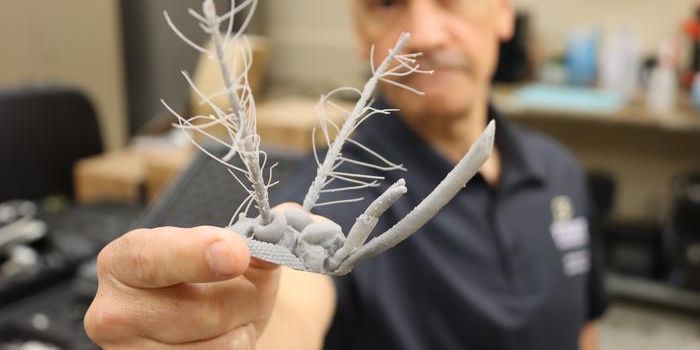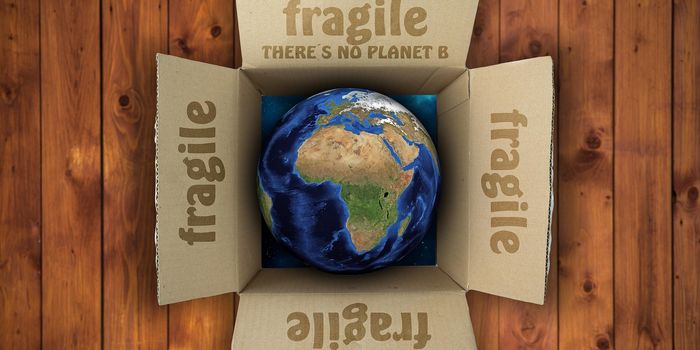Scientists unearth new source of carbon emissions
Scientists from the University of British Colombia’s Okanagan campus are taking a deeper look into how lake water irrigation has become a source of unexpected carbon emissions. Their research was recently published in Geoderma.
"We have been studying the carbon content of soil for some time," says Melanie Jones, professor of biology at the university and study lead author. "This large natural carbon store is hugely important in combatting rising atmospheric CO2 levels and it's essential to understand all the carbon transactions that take place in soil."
Jones is referring to a complex set of carbon interactions that occurs not only when plants convert CO2 from the atmosphere into plant tissue, but also when decomposers convert dead plant tissue into soil organic matter, thus sequestering large amounts of carbon in the soil. (Ironically, this process also produces carbon dioxide which is then released into the atmosphere – talk about complex carbon interactions!)
Kirsten Hannam, co-author of the study, explains that this capability of organic matter to sequester carbon dioxide has significant impacts on fighting climate change while at the same time making soil more fertile for agricultural pursuits. It’s in this agro-industrial field that Hannam, Jones, and colleague Andrew Midwood focused their research.
They wanted to know if the bicarbonates in the lake water that is used to irrigate local apple orchards were emitting carbon. To find out, they measured the soil respiration of soils that had been irrigated with different water sources: lake water and de-ionized water. They found that the water irrigation source made a huge impact on the carbon emissions.
"It turns out that some of the CO2 released after irrigation comes from the natural salts -- bicarbonates -- dissolved in water from Okanagan Lake as it is applied to the soil," says Midwood. "It's a process we had not considered until we noticed some unusual results when we traced the source of the CO2."
"This is a natural process," says Hannam. "Our results have to be considered in a broader context. Irrigation is essential to fruit production in the Okanagan Valley. Along with causing the release of CO2, from bicarbonates in the water, irrigation is also promoting the removal of CO2 from the atmosphere by encouraging plant growth. It's a balance and to understand the balance, you need to know all the component parts."
The researchers hope that their findings will help better inform the agricultural industry’s best practices when it comes to choosing irrigation sources. They warn that if we continue to use alkaline lakes for irrigation, it could have significant impacts on carbon dioxide emissions.
Sources: Science Daily, Geoderma









